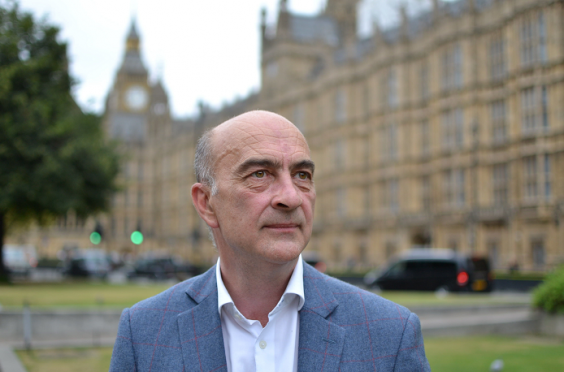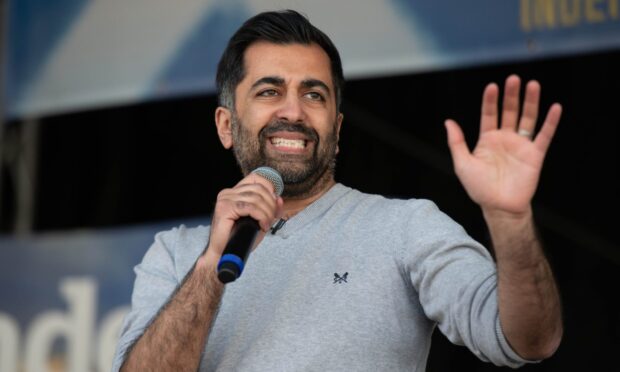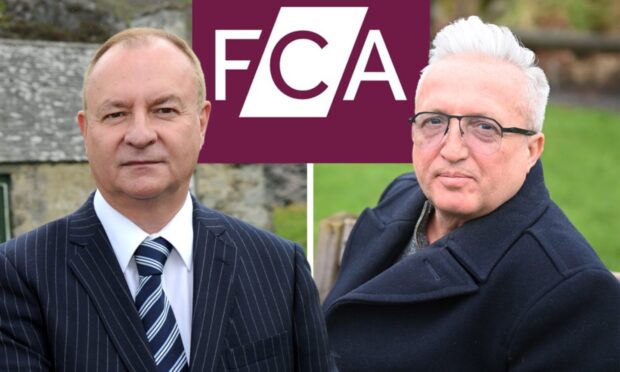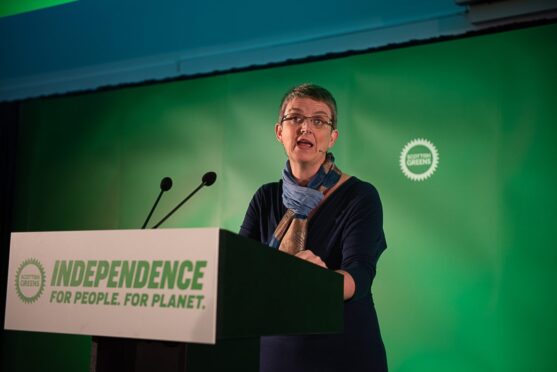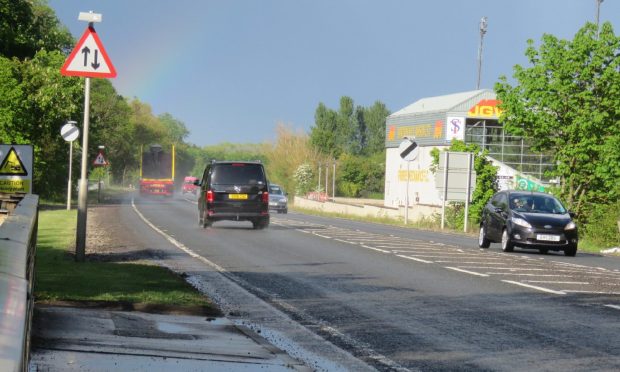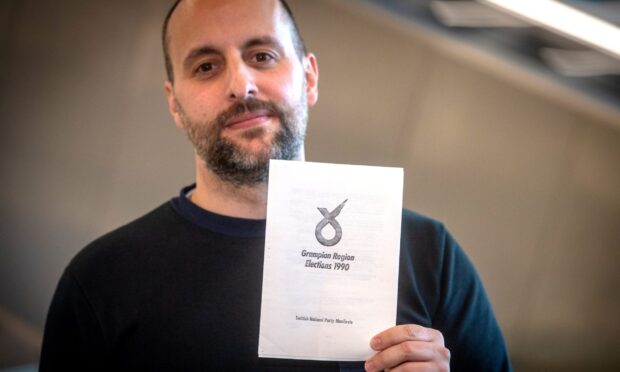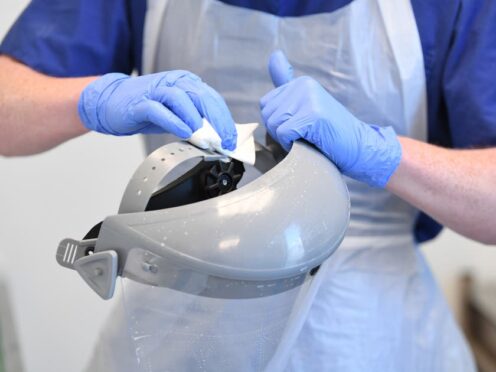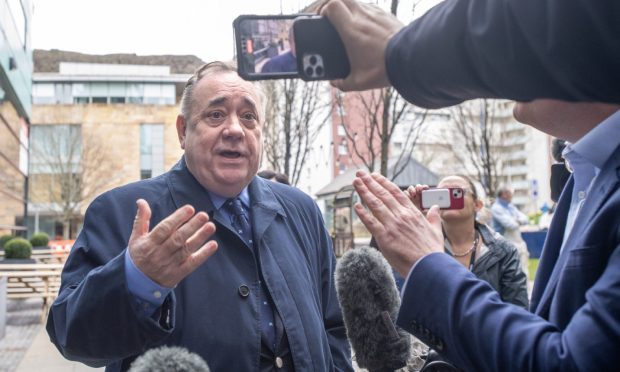I tuned into First Minister’s Questions at our Scottish Parliament on Thursday. I wish I hadn’t.
I spent a decade at Holyrood and at the Scottish Parliament’s previous temporary home, helping prepare opposition Tory leaders for their weekly joust with the first minister. Going over the hot topics. Revising new statistics. Trying to find the cutting question and sharp sound bite to put the FM on the spot.
With different leaders, different approaches were needed… Donald Dewar would engage in the topic. He was a master debater. He did his homework. He knew the facts.
Henry MacLeish was somewhat different. Generally, he supplied the humour. He didn’t mean to, but he did nevertheless with mangled English and tortured sentences which left you wondering just what it was he was on about. He made John Prescott sound like a linguistic master.
Jack McConnell was a bit more robust. Headlines more than detail. Robust. Rumbustious. He did, as was his catchphrase, “less, better.”
And then there was Alex. For him, playing the man (or woman) was always preferable to playing the ball. Mr. Salmond treated questions with contempt. And questioners with even less favour. He was, he believed, “The Man”. Untouchable and unrepentant.
I then had four years in Number 10 as part of the prep team for the prime minister, double guessing just what barbs would come his way and how to diffuse potential verbal bombs and turn the tables back on to his inquisitors.
Without doubt, being in the firing line was the toughest. The list of topics which could arise was vast. You were under attack for your record and for any and every word ever uttered by your ministerial team. Friendly questions from your own back benches only ever gave temporary respite from the onslaught.
But any leader worthy of their salt should relish the battle. Yes, it takes a lot of preparation but any piece of theatre worth watching should need enough rehearsal time. First and Prime Minister’s Questions are the most that many see of our Parliaments in action. They are often gladiatorial occasions. They usually offer far more heat than light. They can descend into Punch and Judy politics. But they bring out the best as well as the worst in our politicians. Leaders are put on the spot. Important topics get aired. Back benchers get burning local issues given their moment on the top stage. And aspiring FMs and PMs can show if they are up to the cut and thrust of parliamentary democracy in action.
All of which takes me to last Thursday. It was far too parochial. Not in the sense that the questions weren’t of national importance. They were.
But too often the answers were simply playing local party politics. Well rehearsed “spontaneous” ad-libs being shoehorned in. Personality took precedence over politics. All of which I understand. All of which has a place and a time. But not so far from the next election. Not when questions are asked, as some were, seeking consensus. The default setting of dissing the questioner is too prevalent. Was it always thus? Yes. But not as bad as now.
I know they can all do better. And I know they need to. Let humour replace hubris. Let debate replace diatribe. Let’s get back to playing the ball and upping the game.
Shameful reaction
Neil Oliver, archaeologist and TV presenter of shows such as Coast, has been announced as the next president of the National Trust for Scotland. He is a man steeped in the history of our amazing country. He is a talented speaker, he has a way with words and will be a talismanic and talented man at the helm of this much needed and valuable body.
But some of the reaction has been shameful. It is as if Alex Salmond had been asked to lead a rendition of Rule Britannia at the Last Night of the Proms.
Neil’s “crime”?
He has no truck with nationalism. He took sides in the Indyref. He used his eloquence to speak out. In no uncertain terms.
That, according to a fevered few, makes him unfit for office. He hates nationalists, they claim. He cannot speak for them.
Well balderdash to that.
He loves Scotland, its heritage and every acre of its countryside with a passion. He may dislike separation, but not people who happened to vote Yes. He cares about our country. Any constitutional preference is irrelevant and doesn’t make him any less in love with our amazing country.
It is not the Nationalist Trust for Scotland. It is the National Trust for Scotland. I’m not a member. But I will join now.
PS: If Alex Salmond wants to appear at the Albert Hall next year, I will buy a ticket for that too.
A denial of democracy
I cannot let the distressing scenes in Spain go without comment as the Catalan Referendum has descended into violence.
We are witnessing a denial of freedom of expression. A denial of democracy. A decent into chaos which is agonising to watch.
It is clear that Spain has not yet matured into full membership of the democratic world. Their handling of the situation has been an abject lesson in how to fail the people and fail a nation.
I was proud to be part of the UK Government team which helped to deliver Scotland’s Indyref.
We embraced democracy when the SNP won a majority of seats at Holyrood on a explicit pledge to hold one. We did not shun the will of the people.
